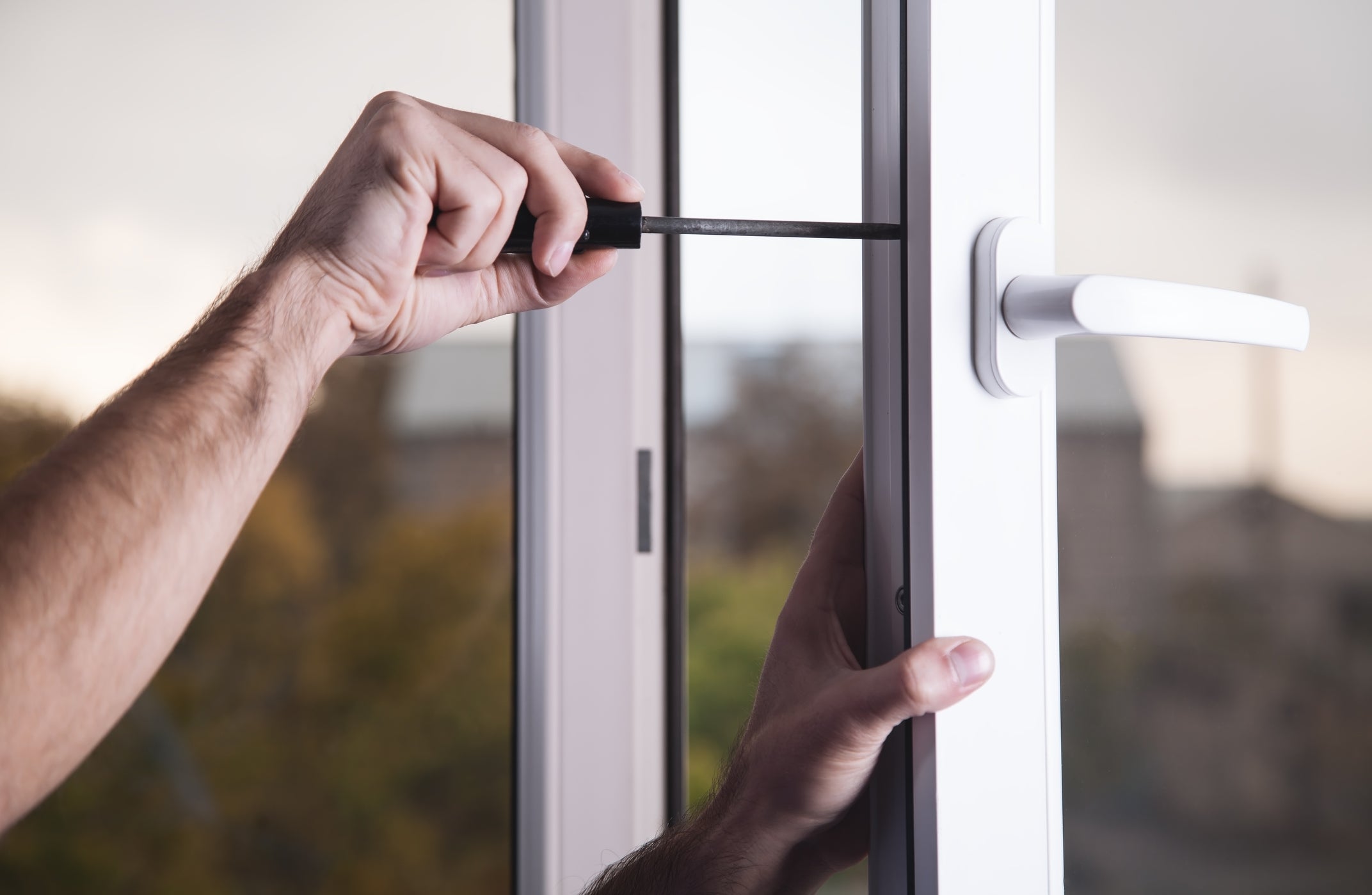The Independent's journalism is supported by our readers. If you submit a form or click links to other sites on this page, we will earn commission.
- Home improvement
- Windows
From installer finance to bank loans and remortgaging, we explain the most common ways to pay for a window upgrade and what each option really costs
Howard MustoeThursday 27 November 2025 08:40 GMTComments open image in galleryReplacing old windows can cost several thousand pounds, so it’s important to compare finance options carefully before committing to a loan or credit agreement. (Getty Images/iStockphoto)
open image in galleryReplacing old windows can cost several thousand pounds, so it’s important to compare finance options carefully before committing to a loan or credit agreement. (Getty Images/iStockphoto)
For free real time breaking news alerts sent straight to your inbox sign up to our breaking news emails
Sign up to our free breaking news emails
Sign up to our free breaking news emails
 Email*SIGN UP
Email*SIGN UPI would like to be emailed about offers, events and updates from The Independent. Read our Privacy notice
If you’ve decided to upgrade your home’s windows, the next question is often the most daunting: how to pay for it. With the average uPVC casement window costing around £1,200, a typical home with eight windows might be looking at a bill just shy of £10,000. Larger windows, timber frames, or sash designs can increase costs further.
When comparing finance options, it’s important not to focus solely on the interest rate. A lower rate spread over a longer term may still cost more overall than a higher rate for a shorter period.
Get a quote for double glazing on your home
Use our comparison tool to get a range of free quotes from leading UK window installers.
Financing through your window installer
Many major window companies offer their own finance packages, typically subject to a credit check. Before applying, it’s worth reviewing your credit score and checking for any additional fees. Only use lenders authorised by the Financial Conduct Authority.
Recommended How to get rid of condensation on your windows
How to get rid of condensation on your windows The cold snap is costing you more than you think: how upgrading your windows protects both heat and your wallet
The cold snap is costing you more than you think: how upgrading your windows protects both heat and your wallet How much does double glazing windows cost? Average price for a three-bed house
How much does double glazing windows cost? Average price for a three-bed house The best double glazing window companies and installers for UK homes in 2025
The best double glazing window companies and installers for UK homes in 2025
Here’s a sample of current representative rates:
- Everest: 12.9% APR over 36+ months, with deposits from £249
- Anglian: 12.9% APR over 36+ months, with deposits from £249
- Safestyle: 12.9% APR over 36+ months, with deposits from £249
- Britelite: 12.9% APR for up to 123 months, including three months “buy now, pay later”
- Britannia Windows: 0% for 12 months (plus a £29 fee); thereafter 15.9% if not settled within the year; or 11.9% with a shorter three-month deferral
- Coral Windows: Interest-free over 24 months if half the cost is paid on completion; other options start from 11.9%
- Clearview Home Improvements: 12.4% APR for terms between 60 and 154 months
As a guide, borrowing £10,000 at 12.9% APR over three years would cost around £2,112 in interest, with repayments of approximately £336 per month.
Installer finance often carries higher rates than bank loans, but it can still be cost-effective if you opt for the shortest possible term. Be sure to factor in your windows’ guarantee period when deciding how long to borrow.
 open image in galleryThere are many ways to pay for windows (Yui Mok/PA) (PA Wire)
open image in galleryThere are many ways to pay for windows (Yui Mok/PA) (PA Wire)Using a personal loan for window replacement
A personal loan from a bank or specialist lender can be a cheaper route, though expect more paperwork. Representative examples include:
- TSB: 5.9% for loans of £7,500–£20,000 over one to five years
- Novuna Personal Finance: 6% over one to five years
- M&S Bank: 6% over one to seven years
Borrowing £10,000 over seven years at 6% would result in around £2,271 in interest, with monthly payments of about £146.
Paying for windows using savings
If you have savings, it may be worth comparing the interest you could earn against the interest you’d pay on a loan.
For example, £10,000 in a 5% savings account earns £500 a year. Borrowing the same amount at 6% costs £600 a year in interest — meaning you’d be £100 better off using savings instead.
However, it’s important to keep an emergency fund for unexpected costs such as boiler failures, roof repairs, or a sudden loss of income. Do the maths carefully to ensure you remain financially covered.
Adding the cost to your remortgage
This option is only suitable if you’re already approaching the end of a fixed-rate mortgage term and planning to remortgage anyway.
Because energy-efficient home improvements can increase a property’s value, some lenders may allow you to borrow more when remortgaging. Mortgage rates are typically lower than personal loan rates, meaning this can be an affordable way to finance new windows.
But there’s a key caveat: because the repayment term is much longer, you could pay significantly more overall.
For example:
- Borrowing £10,000 at 4% over 25 years costs around £5,835 in interest.
- Borrowing £10,000 at 15% over five years costs around £4,273 in interest.
The mortgage route only works out cheaper if you can overpay and clear the additional borrowing more quickly.
Always check whether your mortgage provider allows fee-free overpayments before choosing this option.
More about
home improvementsMortgagesloanSavingsmortgage ratesJoin our commenting forum
Join thought-provoking conversations, follow other Independent readers and see their replies
Comments



